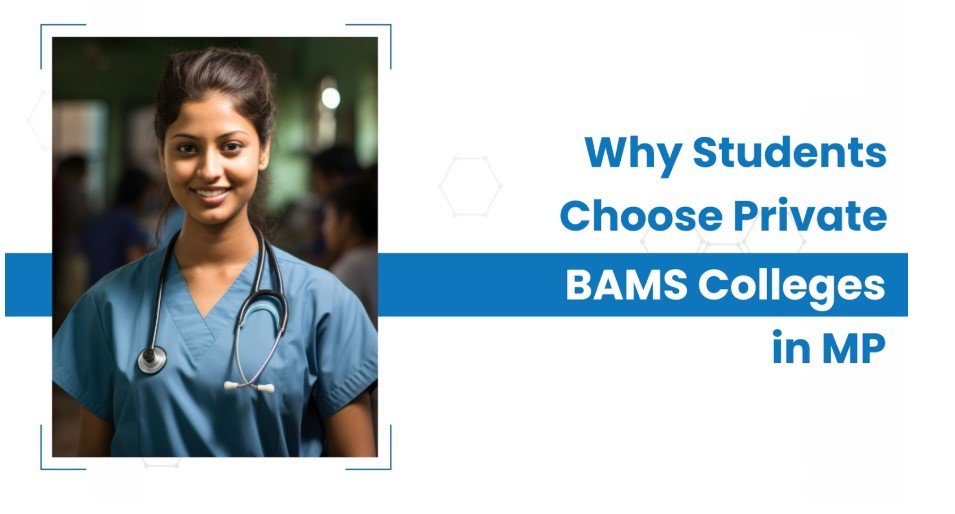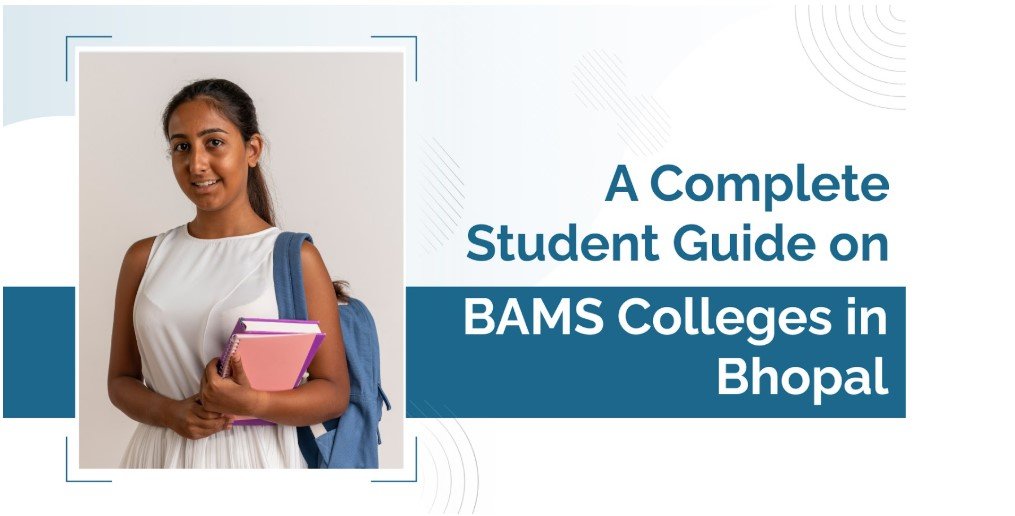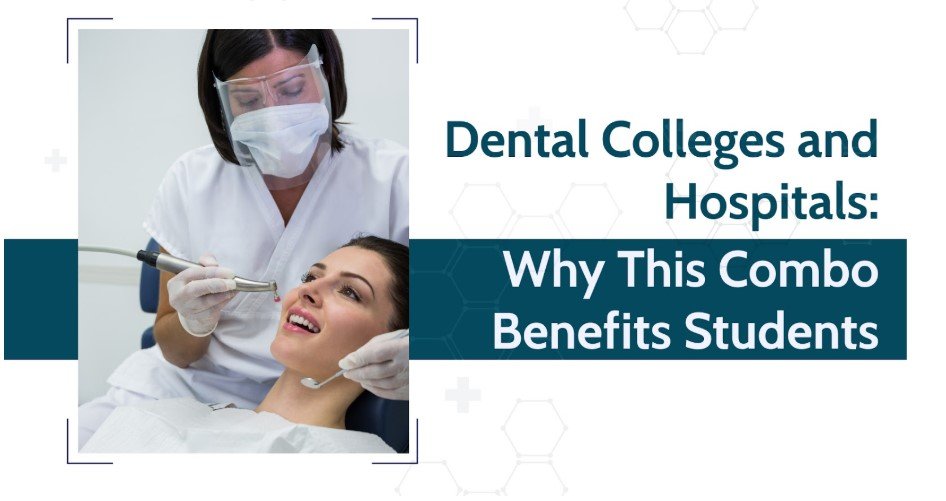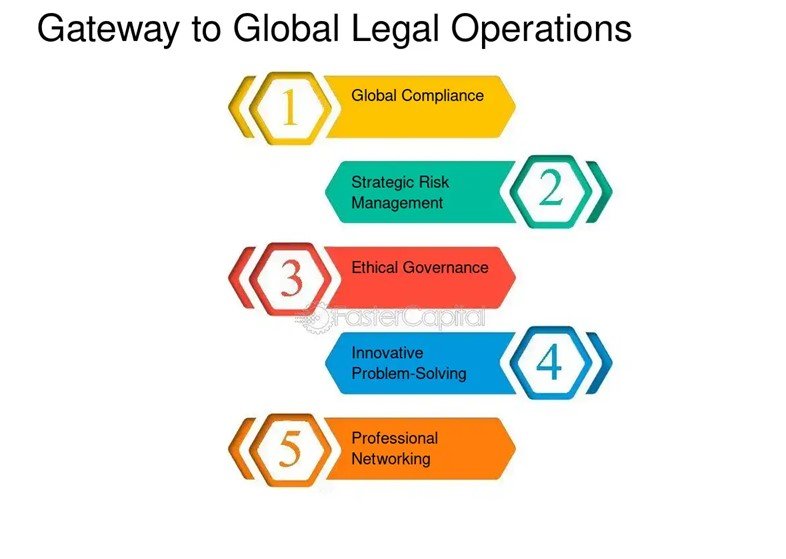As you step onto the campus of a private BAMS college in MP, the first thing that hits you isn’t just the lecture halls; it’s the energy. Students here aren’t just learning Ayurveda in dusty classrooms—they are actively blending tradition with modernity. You overhear talk about molecular pharmacognosy labs one minute and sophisticated Panchakarma suites the next. The excitement is palpable: here’s a place where ancient wisdom meets contemporary healthcare.
What sets these colleges apart is their ability to make Ayurveda feel alive, not archived. From herbal gardens that feel more like living libraries to tech-enabled anatomy labs, these institutions are reimagining what it means to be an Ayurvedic student in the 21st century. Whether learning how to diagnose using classical Nadi Pariksha or interpreting X-rays alongside your modern medicine counterparts, the blend of old and new keeps the learning environment vibrant and deeply relevant.
Let’s dive into what makes campus life at these private BAMS colleges in MP so engaging, from labs and mentorship to real-world career support.
The Appeal of Private BAMS Colleges Today
Why are so many students turning toward private BAMS colleges in MP when government seats are scarce? It’s simple: value, variety, and personalized attention.
Focus on Modern Labs and Facilities
Forget dimly lit anatomy halls with ragged models, many private colleges raise the bar with high-tech facilities:
- Simulation Anatomy Labs: Plaster human models, digital dissection apps, guided virtual tools — you get to explore bodily structures without fear of damaging real specimens.
- Pharmacognosy and Phytochemistry Units: Gas Chromatograph-Mass Spectrometers (GC-MS), HPTLC systems, solvent extraction benches — perfect for testing medicinal herb purity.
- Panchakarma Therapy Suites: Professionally equipped halls featuring Virechana stools, Shirodhara machines, and Ayurvedic steam rooms; where you learn procedures just like a clinical hospital would teach interns.
- Herbal Research Plots: On-campus farms growing Ashwagandha, Bhringraj, and Shatavari, students participate in seed-to-shelf cultivation and learn plant identification, harvesting times, and basic agronomy.
While you walk the corridors of Sri Sai Institute of Ayurvedic Research & Medicine, Bhopal, and see students cross-referencing herbs, books and running chromatography tests. They are not just learning; they are experiencing science firsthand.
A more personalized teaching approach
In a government college, classes of 250 are normal. In private BAMS colleges in MP, class sizes are tighter, and teachers know your name (and preferred herbal chai flavor). These colleges offer:
- Interactive tutorials with groups of 20 students discussing complex cases—Baal Rog to stri rog—guided by a senior professor.
- Mentorship circles, where professors help with exam strategies, class presentations, and long-term career planning.
- Hands-on assessments, replacing rote memorization with real learning—mock Panchakarma sessions, diagnostic quizzes, or student-led clinical case discussions.
- Language support—students often receive help translating Sanskrit verses into Hindi or English so future patients don’t end up more confused than cured.
That personal attention builds confidence. Here, you’re not “student roll no. 83.” You’re “Aditi – the girl who did a case report on pediatric indigestion.”
What Students Should Look for in a Private BAMS College?
Before you sign up, here are vital questions every student should answer:
Approvals and affiliations
Accreditation is non-negotiable. Opt for colleges that offer:
- CCIM (now under the National Commission for Indian System of Medicine) recognition — ensures your BAMS degree is legitimate.
- Affiliation with a reputable university — for exam standards, fair evaluations, and government-recognized degrees.
- NABH/MCI-like quality certifications — not immediate, but indicative of management’s dedication to standards.
Sri Sai Institute of Ayurvedic Research & Medicine, Bhopal ticks all these boxes and consistently publishes its research output and exam performance scores. They’re transparent, not shy.
Quality of practical training offered
Theory is good but if you don’t get to perform Panchakarma or prepare Kashaya under supervision, it doesn’t stick. High-value practical training includes:
- In-campus hospital hours: treatment rooms are busier than most clinics—good for learning patient interaction, routine diagnosis, and therapy administration.
- Structured clinical rotations alongside modern paramedical departments—anatomy, physiology, and cellulitis wound care.
- Collaboration with NGOs or rural healthcare units — outreach programs where you learn to adapt therapies for low-resource environments.
- Skill labs, where you practice suturing (Shalya), syringe techniques, and calculating dosage for children in Stri Roga classes, before dealing with real cases.
A student from a top-tier private BAMS college in MP once told me: “During my first Panchakarma, I messed up the tail end—literally. But the senior undergrad guided me, and that night I slept proud, not petrified.” That’s real-world training.
Career Support in Private BAMS Colleges
What good is a BAMS degree if you leave campus without direction? The best colleges ensure you have clear, supported paths ahead.
Internship opportunities through private networks
Internships help bridge college and clinic — and private colleges can facilitate unique placements:
- Ayush hospitals: Well-treated centers in Bhopal or Indore become internship grounds, where you work with probiotics experts or diabetic foot care teams.
- Private wellness chains: Support internships at Panchakarma retreats or rejuvenation centers in Himachal or Kerala. Consider Pranayama in the Himalayas.
- Herbal product startups: Many colleges link students with apothecaries producing chyawanprash or herbal balms, for holistic exposure.
- Ayurveda and yoga partnership programs: Since modern customers gravitate toward integrated wellness, these internships set BAMS graduates apart.
Internship alums from Sri Sai Institute proudly recount treating insomnia in corporate clients or coaching yoga-infusion sessions in resorts, they talk like practitioners, not just students.
Scope for setting up private practice
BAMS isn’t just a degree. It’s your ticket to a holistic healthcare career if you know how to use it right.
Private colleges often help with:
- Cabinet clinics: mentorship on room layout, license registrations, and patient marketing
- Online practice guidance: teleconsultation setups, digital follow-ups, patient record software — essential in today’s remote world.
- Community outreach clinics: teaching students how to handle mass consultations, from potholes to Pandas (yes, even wildlife vets call on BAMS grads for natural remedies).
- Business training: notebooks with genuine, step‑by‑step guides on my first 100 patients or 10,000 INR in the first week’s revenue.
Students who followed setups earned an income of around ₹45,000–70,000/ month in the first few months, far more than fresh graduates in many other fields.
Wrapping Up
Choosing among private BAMS colleges in MP is more than just selecting a campus. It’s choosing how you want to learn, grow, and heal.
Find colleges that:
- Balance heritage (ayurvedic cores) with hardware (modern labs)
- Offer real mentorship—not just exam coaching
- Give you practice time (not just theory)
- Connect you to real-world pathways (internships, clinics, wellness startups)
Sri Sai Institute of Ayurvedic Research & Medicine, Bhopal is one such place but there are others, worth exploring. Go campus-hopping, talk to current students, check their treatment rooms, and ask to watch Panchakarma demos.
Because to become a real Vaidya—not just a graduate—you need more than books. You need a place that teaches, supports, challenges, and sets you up for success. That’s the power of private BAMS colleges in MP and that’s where your journey truly begins.









